A tragic reminder of student vulnerabilities

We are shocked to learn of the killing of Jahidul Islam Parvez, a third-year student of Primeasia University, who was stabbed to death in broad daylight on Saturday. That a young life could be so brutally cut short over something as trivial as a "suggestive" exchange of laughter is both heartbreaking and alarming. According to media reports, Parvez and some friends were having snacks near the university in Banani when a quarrel broke out after some individuals questioned their alleged mocking of two female students. Although the situation seemed to have been resolved with the intervention of university officials, Parvez was fatally stabbed shortly afterwards. Police have since arrested three individuals, while eight were sued in a case filed by the victim's cousin.
Among the accused are two leaders of the Banani thana unit of the Students Against Discrimination (SAD) platform, which prompted rival Jatiyatabadi Chhatra Dal (JCD) leaders—who claimed Parvez as one of their own—to accuse SAD of orchestrating the attack. The SAD, for its part, denied the allegation, accusing Chhatra Dal of exploiting the tragedy for political purposes. This war of words has been distracting, but it does add to the conversation surrounding political violence in the country. Just last month, at least 23 people were killed and 733 injured in over 97 incidents of political violence, according to the Human Rights Support Society. These figures are a sobering reminder of the uphill battle law enforcement faces in containing crimes in post-uprising Bangladesh.
What worries us most is the continued vulnerability of general students, even though the political lines on university campuses have been redrawn following the July uprising that ended the long dominance of Awami League's now-banned student wing. The fact that the three individuals arrested by police are only 19 years old also indicates young people's growing inclination towards violence. The activities of teen gangs, in particular, have been a source of concern in recent years, with many—including students—being lured by the promise of quick power and easy money. This is an alarming trend that demands urgent intervention.
What worries us most is the continued vulnerability of general students, even though the political lines on university campuses have been redrawn following the July uprising that ended the long dominance of Awami League's now-banned student wing. The fact that the three individuals arrested by police are only 19 years old also indicates young people's growing inclination towards violence. The activities of teen gangs, in particular, have been a source of concern in recent years, with many—including students—being lured by the promise of quick power and easy money. This is an alarming trend that demands urgent intervention.
At this stage, we don't know the exact identity or motive of Parvez's killers. But it is paramount that those responsible be brought to justice through a fair and transparent trial, both for the sake of his grieving family and the safety of general students. A university should be a place of learning and growth, not a battleground for gang activities, petty quarrels, or political vendettas. Government authorities, university administrations, political parties, and society at large have a collective responsibility to ensure that our students can study and grow without fearing for their lives.

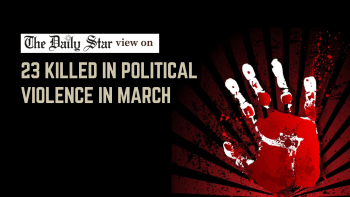
 For all latest news, follow The Daily Star's Google News channel.
For all latest news, follow The Daily Star's Google News channel. 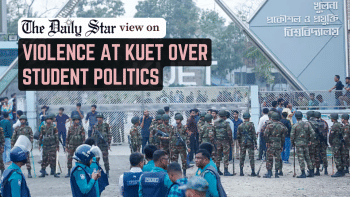




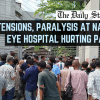

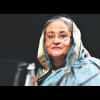

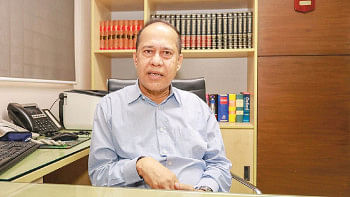
Comments